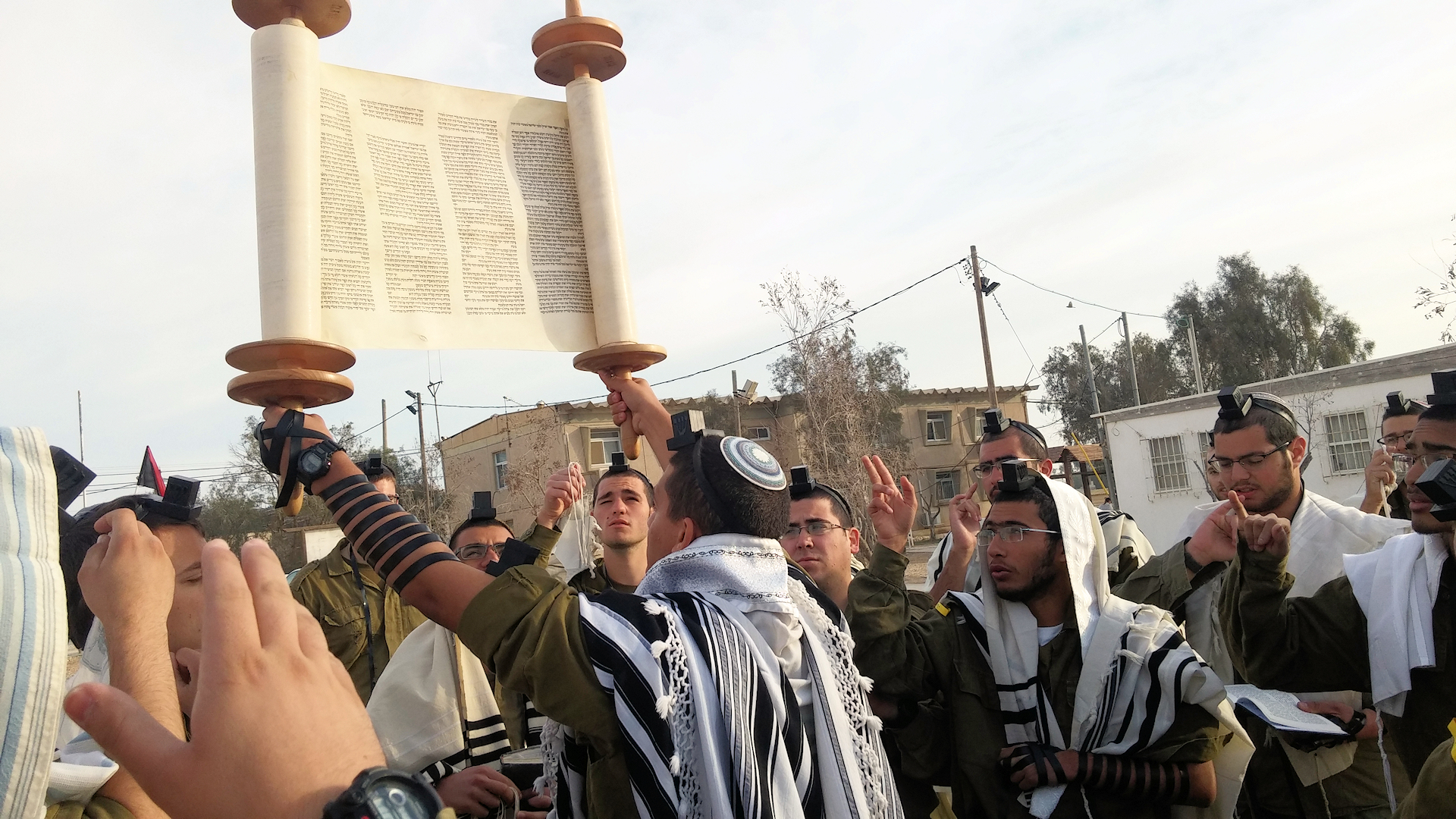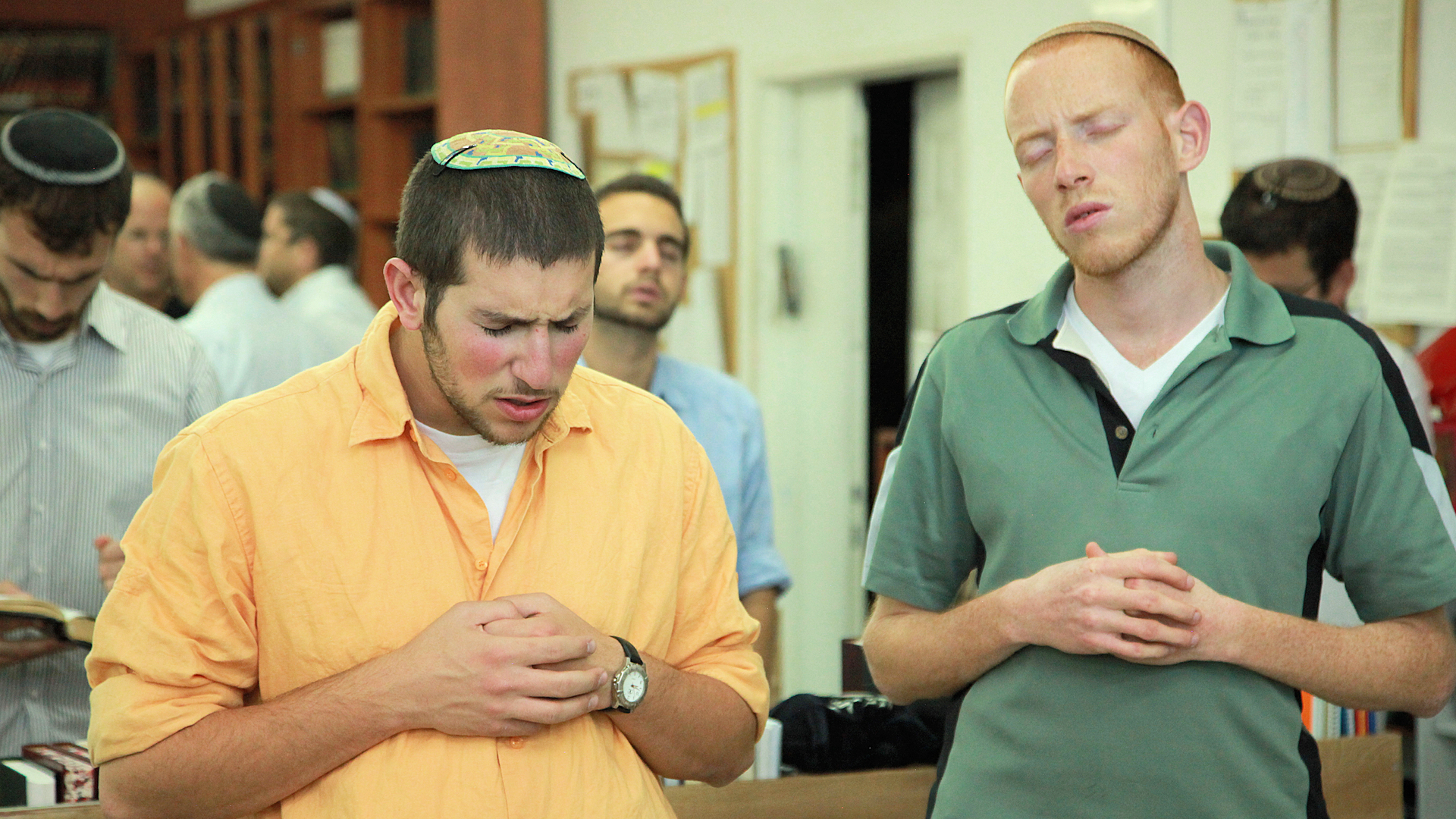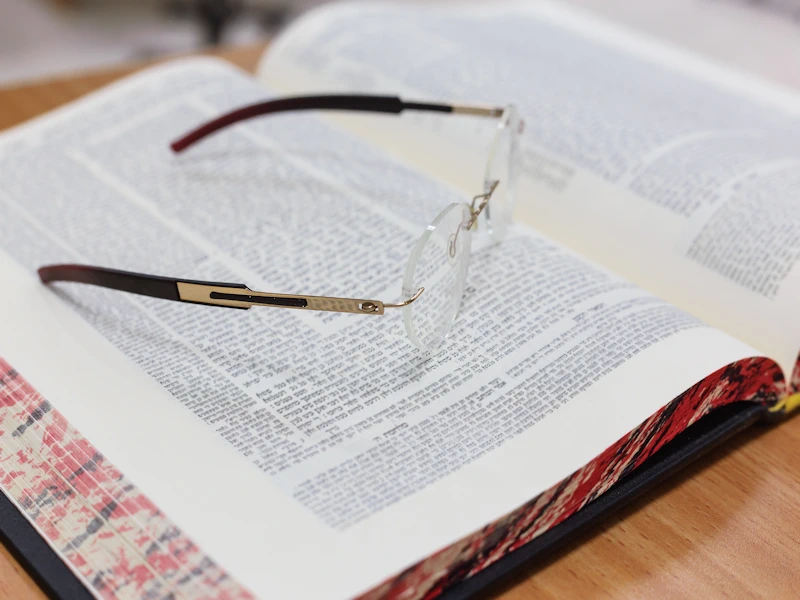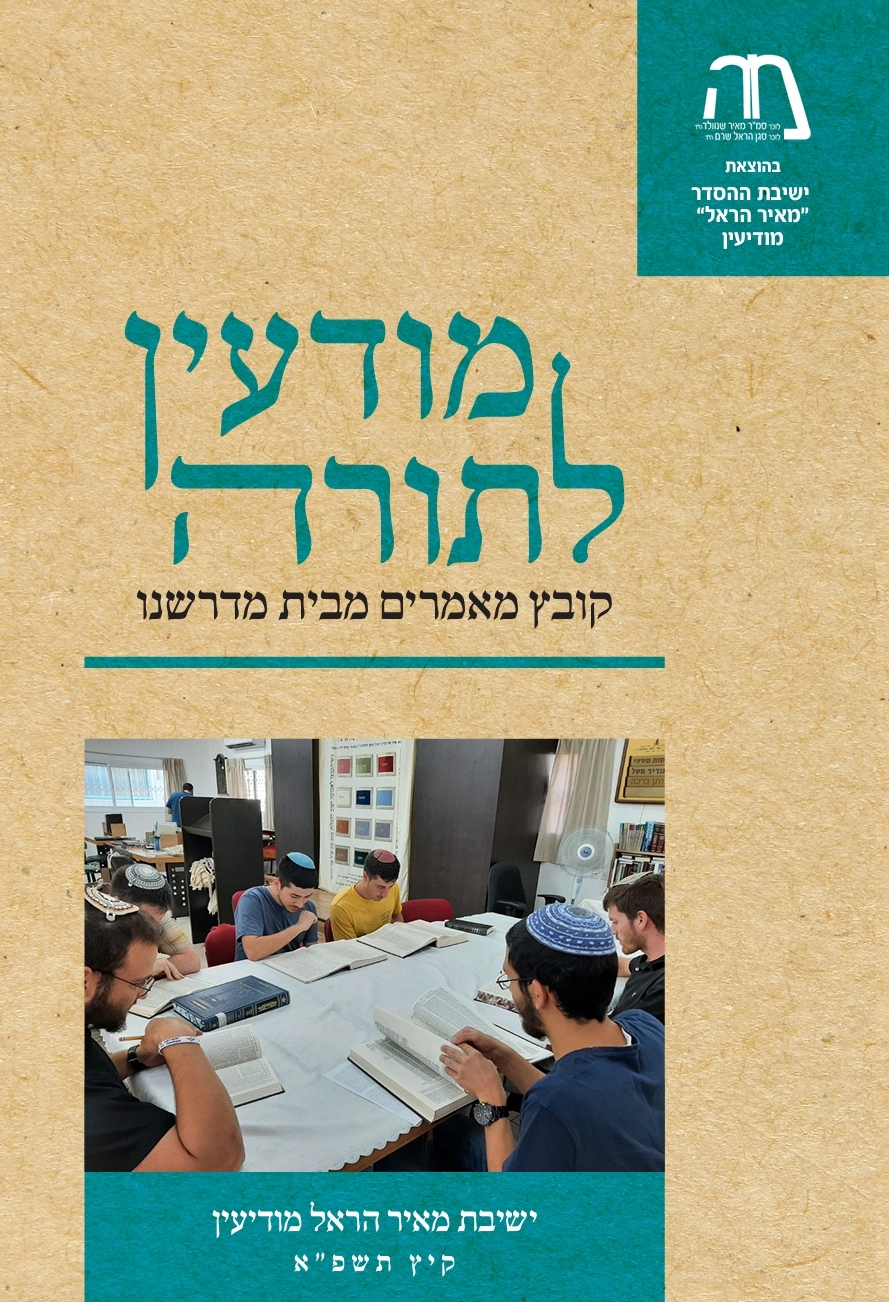“And I will restore thy judges as at the first”
Parashat Hashavua– Parashat Shoftim - and the war of the 'Iron Swords' 5784
Rabbi Eliezer Haim Shenvald
Dedicated to the IDF soldiers' success, to safeguard them lest any harm come to them, to the healing of all the wounded and the return of the abducted.
The date for Israel's Chief Rabbis’ election is getting closer. In preparation for the elections, a representative committee of 40 Rabbis from the religious Zionism was established about a year ago, headed by Rabbi Ya'akov Ariel Shlita, to choose an agreed candidate within the religious Zionism. This is the first time they were able to come together to choose an agreed candidate who would increase the chances of being elected. All the candidates who appeared before the committee pledged to accept whoever was elected. The committee chose Rabbi Meir Kahana, the head of the Ashkelon Rabbinical Court. Rabbi Kahana is a veteran Rabbinical Judge, a graduate of the Kiryat Shmona Hesder Yeshiva and served as Rabbi of the Yerucham Hesder Yeshiva. For the first time, the chosen candidate of the Religious Zionism to be Chief Rabbi of Israel served in the IDF as a combat officer in the paratroopers, and as an Infantry Company Commander (res) -in our brigade – Yiftach- and is currently a Lieutenant Colonel in the Home Front Command.
Yesterday, on the third day of Elul, we commemorated Rabbi Kook Zt'l yahrzeit (89 years ago). This day is also dedicated to accomplishing his great vision, by virtue of which the Eretz Israel Batei Midrash were established, in which the students combine Torah study with participation in a war of duty (Jewish law) as we also witnessed in the last war; a scholar emerged from these Batei Midrash who is a candidate for the election of the Chief Rabbi of Israel.
The establishment of the Chief Rabbinate was a central pillar of Rabbi Kook's vision of sovereignty. The establishment of a central Rabbinate that would unite the spiritual and Halachic guidance for the Israeli public and would have an important place in the world:
“If the question of the honor of the Rabbinate is an important question in our general life, even in the diaspora and in all times - even more so because this question requires special attention here in our country and in our day. In this time and in this period in which we live, the days of agitation of the national revival, the question of Rabbinate is really the question of life for our nation.
We cannot create a way for a complete and reformed national revival in our country, if this important part of the national work entrusted to the Rabbinate will not be perfected and improved by a considerable revival and the Rabbinate’s revival…. Isn't this the echo of the voice of the promised prophecy:
וְאָשִׁיבָה שֹׁפְטַיִךְ כְּבָרִאשֹׁנָה וְיֹעֲצַיִךְ כְּבַתְּחִלָּה
"And I will restore your judges as at the first, and your counselors as at the beginning". (Yeshayahu 1:26)” (Rabbi Kook – Kvod HaRabanut)
Rabbi Kook Ztz’l did not see it as a replacement for the civil leadership, but rather a body that would invigorate the spirit and soul of the public (ibid.).
The model he had before his eyes for the establishment of the Chief Rabbinate was the Sanhedrin (even though he recognized the prohibition to establish it in his day). Rabbi Maimon testified: "I testify to heaven and earth that Rabbi Kook assembled the Chief Rabbinical council from twenty-three Rabbis, so that there would be a basis for a small Sanhedrin." ('Renewal of the Sanhedrin' p. 57).
Our Parasha opens with the Mitzvot of appointing the Rabbinical Judges and establishing the Sanhedrin:
שֹׁפְטִים וְשֹׁטְרִים תִּתֶּן לְךָ בְּכׇל שְׁעָרֶיךָ... וְשָׁפְטוּ אֶת הָעָם מִשְׁפַּט צֶדֶק... צֶדֶק צֶדֶק תִּרְדֹּף
"You shall make judges and officers in all your gates… and they shall judge the people with righteous judgment…. You shall follow that which is altogether just…” (Devarim 16:18-20)
The Mitzvah to establish a central spiritual system of a large Sanhedrin, and branches in every country, district and city:
מצות עשה של תורה למנות שופטים ושוטרים בכל מדינה ומדינה ובכל פלך ופלך שנאמר שופטים ושוטרים תתן לך בכל שעריך שופטים אלו הדיינים הקבועין בבית דין ובעלי דינין באים לפניהם...
כמה בתי דינין קבועין יהיו בישראל וכמה יהיה מניינן קובעין בתחלה בית דין הגדול במקדש והוא הנקרא סנהדרי גדולה ומניינם שבעים ואחד...
“It is a positive Scriptural commandment to appoint judges and enforcement officers in every city and in every region, as Devarim 16:18 states: "Appoint judges and enforcement officers in all your gates."
"Judges" refers to magistrates whose attendance is fixed in court, before whom the litigants appear…
How many established courts should there be among the Jewish people and how many judges should there be in each court?
First, a supreme court is established in the Temple. This is called the Great Sanhedrin. It was composed of 71 judges…” (Mishneh Torah -The Sanhedrin and the Penalties within Their Jurisdiction 1:1,3)
The Sanhedrin was not instead of the leadership of the king (Devarim 17:14, Rambam Kings 1:1).
The selection of the Sanhedrin should be according to the greatness in Torah and general education:
אֵין מַעֲמִידִין בְּסַנְהֶדְרִין בֵּין בִּגְדוֹלָה בֵּין בִּקְטַנָּה אֶלָּא אֲנָשִׁים חֲכָמִים וּנְבוֹנִים. מֻפְלָגִין בְּחָכְמַת הַתּוֹרָה בַּעֲלֵי דֵּעָה מְרֻבָּה. יוֹדְעִים קְצָת מִשְּׁאָר חָכְמוֹת כְּגוֹן רְפוּאוֹת וְחֶשְׁבּוֹן וּתְקוּפוֹת וּמַזָּלוֹת וְאִצְטַגְנִינוּת…
“We appoint to a Sanhedrin - both to the Supreme Sanhedrin and to a minor Sanhedrin - only men of wisdom and understanding, of unique distinction in their knowledge of the Torah and who possess a broad intellectual potential. They should also have some knowledge concerning other intellectual disciplines, e.g., medicine, mathematics, the fixation of the calendar, astronomy, astrology…” (ibid 2:1)
There are those who are precise that the pursuit of justice is the main criteria in the selection:
צדק צדק תרדף – כשתתן לך שופטים, אתה, הממנה את השופטים, בחר את היותר שופטי צדק, אף על פי שאין בהם כל כך שאר תכסיסים הראויים לדיין כמו שלמות הקנין ושלמות הגוף…
“When you are about to put this legislation into practice, the party in charge of appointing such judges is told by Moshe to select only those who are already known for their sense of fair play and righteousness. He will have to look for such people all over the tribe. If potential judges do not have all the qualifications which are desirable in a judge, this qualification of fairness is the overriding quality all must possess”. (Sforno Devarim 16:20).
The very meeting of the Sanhedrin in "a place chosen by G-d" gives them divine assistance and validity for their rulings. (Kuzari, article 3, Haran Sermons 11).
Even in our time, when there is no Sanhedrin, it is the public’s duty to establish a central spiritual system that will deal with laws and rulings:
וְזֹאת אַחַת מִן הַמִּצְוֹת הַמֻּטָּלוֹת עַל הַצִּבּוּר כֻּלָּם שֶׁבְּכָל מָקוֹם וּמָקוֹם. וְצִבּוּר הָרָאוּי לִקְבֹּעַ בֵּינֵיהֶם בֵּית דִּין… כִּי הַמִּצְוָה הַזֹּאת עַמּוּד חָזָק בְּקִיּוּם הַדָּת, וְיֵשׁ לָנוּ לִלְמֹד מִזֶּה, שֶׁאַף עַל פִּי שֶׁאֵין לָנוּ הַיּוֹם בַּעֲוֹנֹתֵינוּ סְמוּכִים, שֶׁיֵּשׁ לְכָל קָהָל וְקָהָל שֶׁבְּכָל מָקוֹם לְמַנּוֹת בֵּינֵיהֶם קְצָת מִן הַטּוֹבִים שֶׁבָּהֶם שֶׁיִּהְיֶה בָּהֶם כֹּחַ עַל כֻּלָּם לְהַכְרִיחָם בְּכָל מִינֵי הֶכְרֵחַ שֶׁיֵּרָאֶה בְּעֵינֵיהֶם, בְּמָמוֹן אוֹ אֲפִלּוּ בַּגּוּף, עַל עֲשִׂיַּת מִצְוֹת הַתּוֹרָה, וְלִמְנֹעַ מִקִּרְבָּם כָּל דָּבָר מְגֻנֶּה וְכָל הַדּוֹמֶה לוֹ…
“And this is one of the commandments that is incumbent on the community, every community in each and every place. And a community that is fit to establish a court among them… as this commandment is a strong pillar in preservation of the religion. And we should learn from this that even though — on account of our iniquities — we do not have ordained [judges] in our days, each and every congregation in every place should appoint among themselves some of the best of themselves to be a power above all of them; to coerce with all types of coercion [as they see fit] — monetary or corporal — for the commandments of the Torah or to prevent anything that is disgusting and anything similar to it from among them...” (Sefer HaChinuch 491:7)









